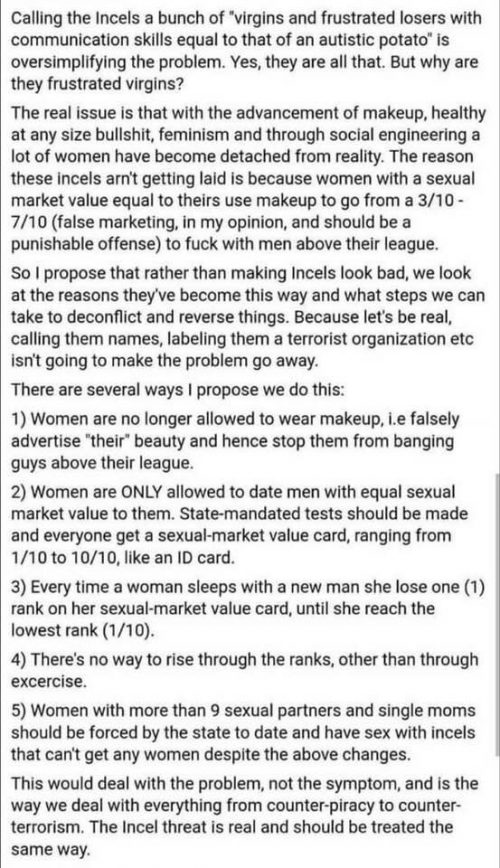A group of atheists on YouTube got together to assemble a series of questions for believers, and here it is:
These all sounded very familiar. I’ve asked questions like these before myself. But all I have are questions for these atheists.
-
Why are you asking questions of people who don’t believe in questioning? It’s implicit in our approach that questioning everything is a good thing, but in their approach, questioning the articles of faith is bad.
-
Who is your target audience? It’s an atheist video for atheists, so I’m afraid it’s more a “aren’t we clever for coming up with these questions” sort of thing.
-
Do you expect answers? Or are you asking the questions because you’re confident they can’t answer them?
-
Do you expect any respondents to answer all of the questions? Because that shuts down discussion. Either people will pick & choose and ignore the difficult ones, or they’ll just throw out the whole list and ignore everything.
-
Are you aware of the history of this style of argumentation on YouTube? It’s not good. I first saw it in the terrible “Questions White Men Have for SJWs” that the Amazing Atheist assembled — it was an embarrassing vehicle for airing ignorant opinions. Likewise, there are multiple videos with Christians asking bad gotcha questions of atheists. The format does not hold up well.
What would be more interesting, and more thoughtful, is having atheists explain where they’re coming from — rather than asking Christians, for instance, where their morality comes from, or how the universe was created, how about just giving your answers, and perhaps more importantly, asking questions of yourself? An “Atheists Ask Themselves the Hard Questions They Can’t Answer” would be more informative. Also more challenging.






